What To Expect
France is the most visited country in the world and for good reason! It’s home to Paris, one of the most famous cities in the world and a travel experience in and of itself. However, there is much more to France than Paris and you are doing yourself a disservice if you skip out on its other amazing places to visit.
Most French people will tell you that there’s France and then there’s Paris. They are two totally different experiences and a trip to France would not be complete without a visit to some of its other wonderful places like the French Riviera (its Mediterranean coast), Mont Saint-Michel + all the other amazing castles scattered around the country, and Strasbourg + the whole Alsace region, to name a few.
And if you’re a wine connoisseur, a visit to Bordeaux is a must. Same for Champagne and Dijon mustard, both of which are named after the region and city they come from. Also, if you love to ski/snowboard, the French Alps are a cheaper alternative to the Swiss Alps, but just as spectacular! Corsica is also great for those looking to visit an island.
You can never go wrong with a trip to France. There is something for everyone and you could spend weeks exploring it!

France is part of the Schengen Area which has a single visa policy for all the countries that are in it. Citizens of most developed countries can enter the Schengen Area visa-free for up to 90 days in a 180 day period. If you are not a citizen of a visa-exempt country, you must go to the nearest French embassy and apply for a Schengen Visa to be granted entry.
There are no health risks in France requiring any specific travel vaccinations for normal travelers. Make sure you are up to date on your standard vaccinations and consult a health professional for further advice.

This page may contain affiliate links which means I get a small commission, at no extra cost to you, if you make a purchase with them. This helps keep the site running and the travel tips coming! For more info, check out my Privacy Policy & Disclosure.
Key Information
Population: 67 Million
Capital City: Paris
Languages Spoken: French
Currency: Euro (EUR/€)
State Railway: SNCF
Driving Side: Right
Largest Airports:
1. Paris (CDG) – Charles De Gaulle
2. Paris (ORY) – Orly
3. Nice (NCE) – Côte d’Azur
4. Lyon (LYS) – Saint-Exupéry
5. Marseille (MRS) – Provence
Best Time To Visit
Keep in mind that the weather in France varies by region. The north is similar to the weather in the UK (rainy and hard to predict) while the south is usually much warmer with mild winters and hot summers.
The best time to visit France is during its shoulder seasons (October-November & March-June) when you aren’t surrounded by a million other tourists and the weather is not too hot, but not too cold either. Your flights & accommodation will be cheaper and you won’t have to wait in long line-ups when visiting some of the main attractions.
If you have to travel during the high season, make sure to book your transportation and accommodation in advance as the summer is the busiest time of the year in France!
High Season: July – September
Low Season: December – February
Top 5 Destinations
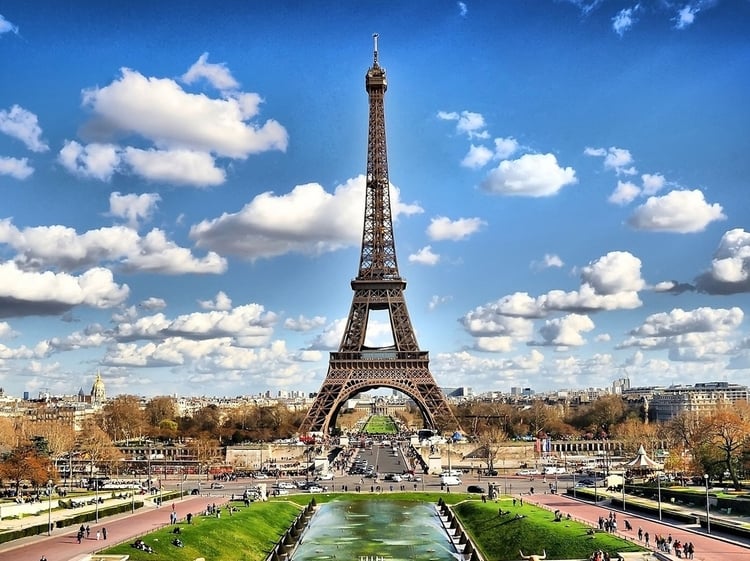
Paris
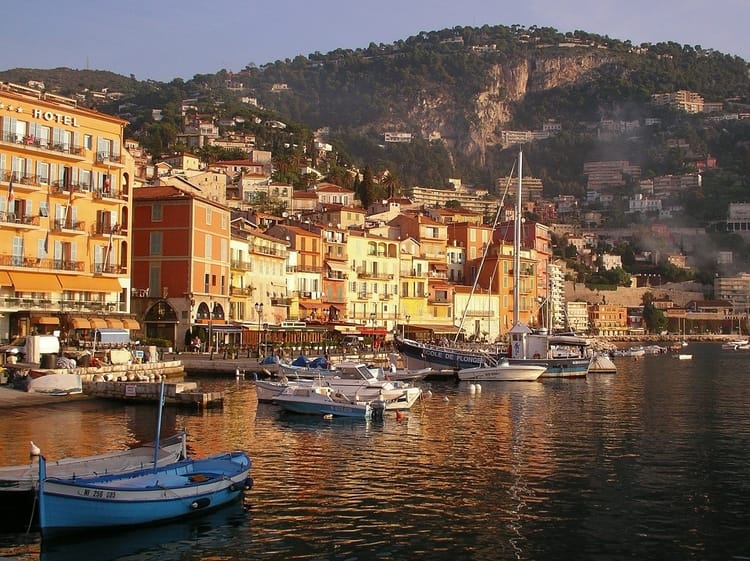
French Riviera

Mont St-Michel

Strasbourg

French Alps
Currency Information
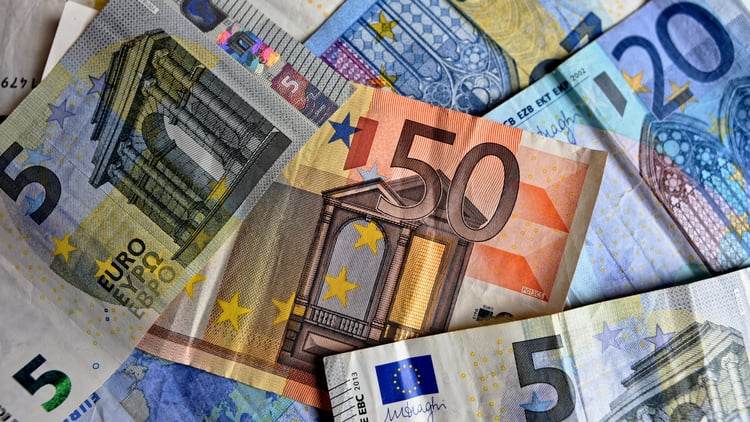
The currency used in France is the Euro (EUR/€). The notes come in denominations of 5€, 10€, 20€, 50€, & 100€.
The Euro is further divided into 100 euro cents – “centimes” in French – (c). The coins come in denominations of 1c, 2c, 5c, 10c, 20c, 50c, 1€, & 2€.
Use the currency converter below to determine the latest exchange rate.
Tipping Guide
Tipping is not customary in France so nobody will think twice if you choose not to tip, but if you wish to tip for good service, here are some guidelines to follow:
Hotel Bellhops: 1-2€ per bag
Hotel Housekeepers: 1-2€ per day
Restaurant Servers: up to 10% of the total bill
Cafés & Baristas: round up to the nearest whole number
Bartenders: round up to the nearest whole number
Taxi/Uber Driver: up to 10% of the total fare
Tour Guide: up to 10% of the total tour price on single-day tours and up to 10€ per day on multi-day tours
Note: Tips should be left in cash as most card machines or bills won’t give you an option to tip.
Power Outlet Information
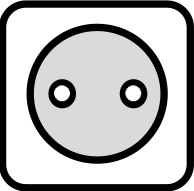
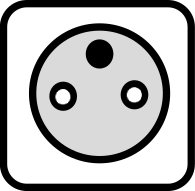
Just like most of Europe, France mainly uses the Type C power outlet. However, they also use the Type E outlet which is unique in that it has a metal prong sticking out of it.
Type C & F plugs can fit in a Type E outlet as long as they are compatible. Make sure your Type C adapter is oval-shaped or you have a Type E/F adapter.
Get your compatible Type C & Type E/F adapter here.
The voltage used in France is 230V. Learn more about how this may affect your electronic devices in my Guide to the Top Travel Accessories.
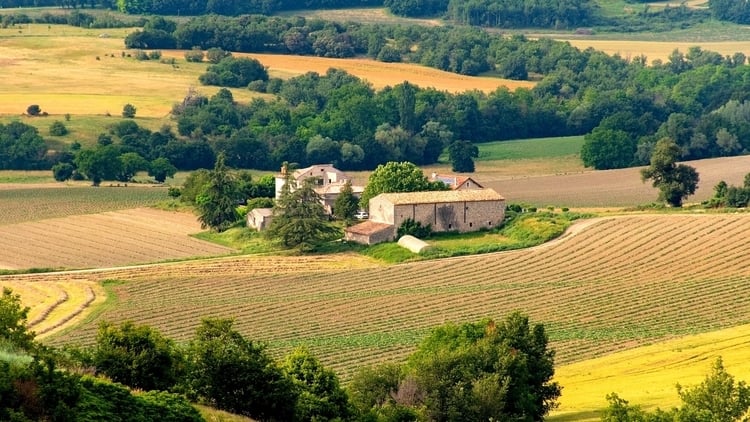
Cellphone Information
France has good overall 4G LTE coverage, but it can be spotty in rural areas. Make sure your phone is GSM-compatible with at least one of the 3G frequencies and one of the 4G LTE bands used in the country to ensure you will always have connection.
Learn more about this in my Guide to Travel-Ready Phones.
Information about local prepaid SIM cards in France
Calling Code: +33
Emergency Number: 112 (Police, Ambulance, & Fire)
3G Frequencies Used: 2100 & 900
4G LTE Bands Used: 1, 3, 7, 8, & 20


